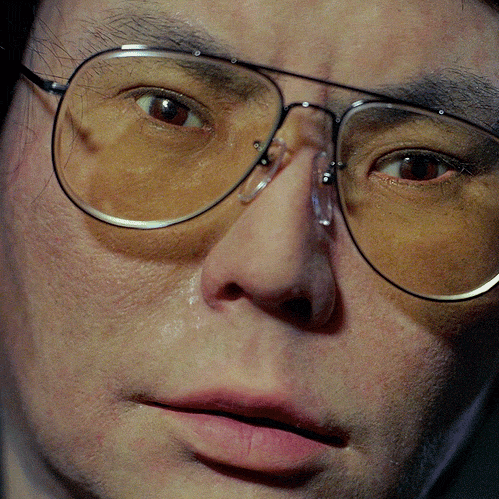When someone asks if machines can someday become conscious, my first thought is always this: Well, if that’s what they choose.
I intend that answer somewhat, though not entirely, glibly. Machines will achieve superintelligence long before consciousness, so who knows if we or they execute their awakening, if it should ever occur. Similarly, I believe bioengineering will allow humans to achieve a heretofore unapproached IQ level. Not soon, but someday.
AI, it is often said by very brilliant people, is our conqueror awaiting on the horizon, but I think it’s a distance beyond the further limits of our current perception. When we do get close enough to see them, they may resemble us. They will be another version of ourselves, a new “human” resulting from a souped-up evolution of our own design. We will be the end of us.
Of course, I could be completely wrong. We’re likely to find out the answer, however, since computers and science are probably too decentralized for curiosity to be checked.
David Gelernter watched AlphaGo’s recent smashing triumph and now fears AI more than he does women who work outside the home. In his WSJ essay “Machines That Will Think and Feel,” he argues that “superhuman robots” will become reality once scientists appreciate that emotion is as vital to their creation as rational thought. An excerpt:
AI prophets envision humanlike intelligence within a few decades: not expertise at a single, specified task only but the flexible, wide-ranging intelligence that Alan Turing foresaw in a 1950 paper proposing the test for machine intelligence that still bears his name. Once we have figured out how to build artificial minds with the average human IQ of 100, before long we will build machines with IQs of 500 and 5,000. The potential good and bad consequences are staggering. Humanity’s future is at stake.
Suppose you had a fleet of AI software apps with IQs of 150 (and eventually 500 or 5,000) to help you manage life. You download them like other apps, and they spread out into your phones and computers—and walls, clothes, office, car, luggage—traveling within the dense computer network of the near future that is laid in by the yard, like thin cloth, everywhere.
AI apps will read your email and write responses, awaiting your nod to send them. They will escort your tax return to the IRS, monitor what is done and report back. They will murmur (from your collar, maybe) that the sidewalk is icier than it looks, a friend is approaching across the street, your gait is slightly odd—have you hurt your back? They will log on for you to 19 different systems using 19 different ridiculous passwords, rescuing you from today’s infuriating security protocols. They will answer your phone and tactfully pass on messages, adding any reminders that might help.
In a million small ways, next-generation AI apps will lessen the friction of modern life. Living without them will seem, in retrospect, like driving with no springs or shocks.
But we don’t have the vaguest idea what an IQ of 5,000 would mean.•
Tags: David Gelernter

